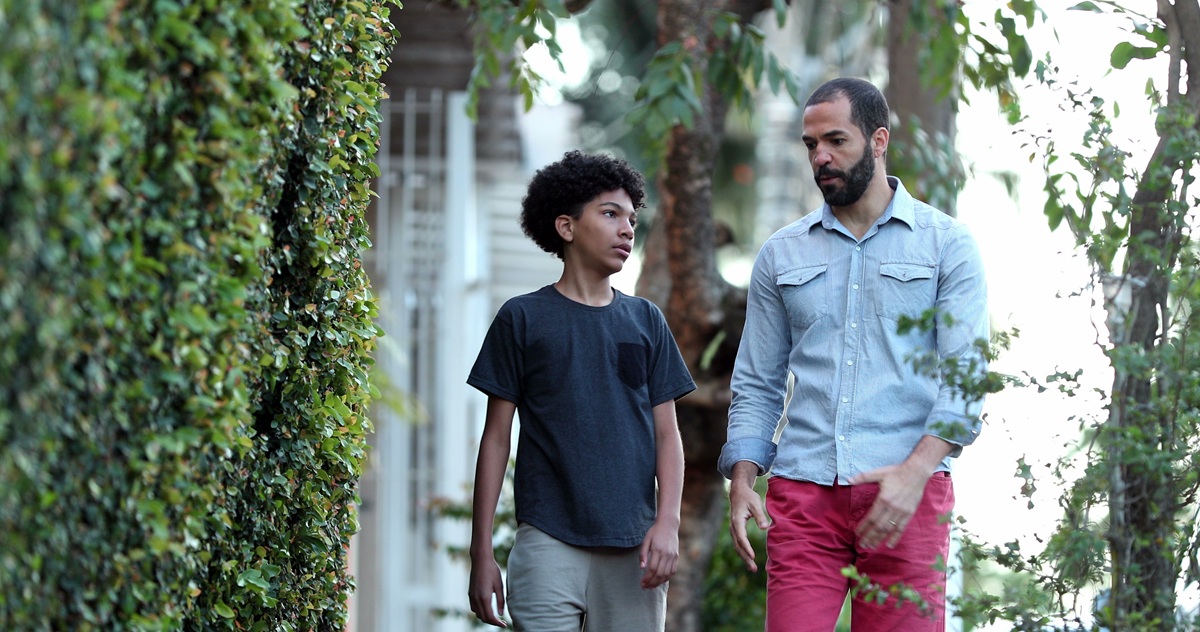
Parenting is one of the most complex and demanding journeys we undertake. While rewarding, it can be overwhelming, especially when navigating the turbulent waters of raising teens. Ensuring teens understand boundaries, develop responsibility, and foster self-awareness without resorting to excessive punishment is vital for their growth. The solution? Focusing on appropriate consequences rather than punitive actions.
This post will explore the psychological foundations of effective parenting, backed by research, and offer actionable strategies to approach discipline in ways that support your teen’s emotional and psychological well-being.
Parenting at limited capacity often leads to reactive rather than intentional responses. Taking care of yourself first isn’t selfish; it’s essential for thriving as a parent. By prioritizing self-care and self-development, you enhance your ability to manage stressful situations and guide your teen positively.
When you’re in a good place mentally and physically, your parenting approach is more compassionate, logical, and constructive.
Understanding the role of attachment styles illuminates why punishment without providing a safe base often backfires. British psychiatrist John Bowlby, the founder of attachment theory, identified the critical importance of a strong caregiver-child bond during development. His research shows that the care and responsiveness of a primary caregiver shape a child’s internal working model, which affects how they view themselves and others in future relationships.
Mary Ainsworth, a developmental psychologist who furthered Bowlby’s work, found that in secure parent-child attachments, children feel supported and free to explore their environment. Providing a “safe haven” and “secure base” helps teens return to you for guidance, even in conflict.
By fostering secure relationships in teens, parents can mitigate these risks and provide teens with strong coping skills as challenges arise.
Clinical psychologist Diana Baumrind defined four parenting styles, each with distinct impacts on teenage behaviors and emotional health. These styles include authoritative, permissive, authoritarian, and neglectful. Research consistently highlights the benefits of warmth and constructive discipline in authoritative and permissive parenting while underlining the risks of authoritarian and neglectful approaches.
Authoritarian parenting, by contrast, tends to increase anxiety, defiance, and behavioral dysregulation, particularly when physical punishment is involved.
Countless studies underscore the detrimental effects of harsh punishment on teens. Discipline grounded in respect and empathy is far more effective than punitive approaches that rely on fear or control.
Harsh measures break trust and diminish self-esteem, whereas discipline strategies that involve connection and meaningful consequences guide teens effectively.
Changing the focus from punishment to positive discipline equips parents to teach critical life lessons without harming their teen’s sense of self. The Positive Discipline in Everyday Parenting (PDEP) program, created by Dr. Joan Durrant, highlights how parents can guide their children by building strong, respectful relationships rather than using coercion.
This approach strengthens mutual respect and empowers teens to consider the impact of their actions thoughtfully.
Here are practical ways to hold teens accountable while supporting growth and fostering a deeper connection.
Use family rituals as touchpoints that encourage connection and responsibility while addressing challenges. Examples:
Ensure consequences are logical, timely, and fair.
Reward desired behavior with praise, acknowledgment, or occasional privileges to reinforce teens’ internal motivation.
Raising responsible, emotionally intelligent teens is no simple task. By focusing on secure relationships, warm authority, and positive discipline, parents can guide their children through life’s challenges without fear-based tactics.
Finally, consider joining our coach training programs to integrate coaching skills into your parenting practices. The key to shaping confident, secure teens lies not in control but in connection and guidance.